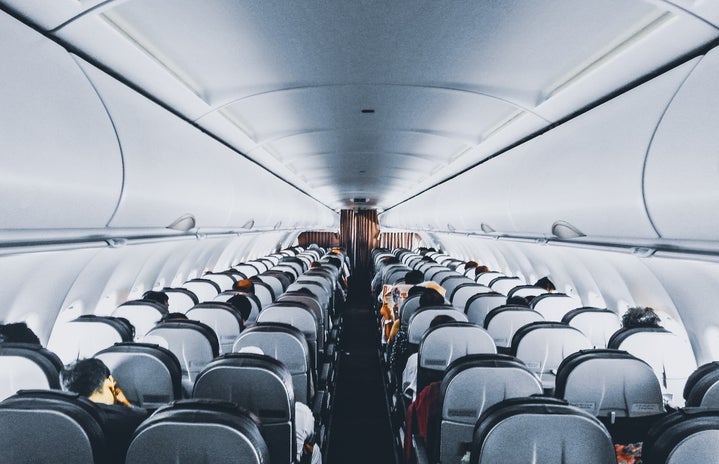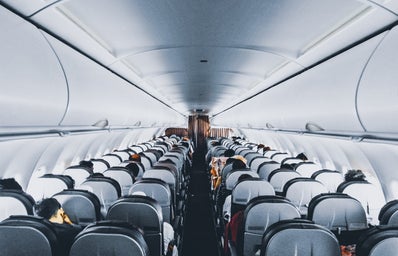Social media is a powerful platform and this has been evident in recent months due to different aspects of the coronavirus pandemic. Because social media can act as a voice for people, it has presented different phases of public shaming since the start of the coronavirus pandemic. Meaning, there have been different social periods of shaming witnessed on social media platforms. Shaming is a new and socially derived term where it means devoting a negative evaluation towards someone, making someone feel bad for doing a specified act, or publicly humiliating others over the internet for doing the said act. Shaming is commonly seen on social media, but more recently, it has also been witnessed in the face-to-face confrontations.
There have been two new phases of public shaming that have risen since the start of the pandemic: mask and social distance shaming. First, mask shaming, which is still observable on social media or in person, is when individuals denote a negative implication towards others who do not wear masks. Social distance shaming is when someone makes negative remarks towards people who are not social distancing or following the Centers for Disease Control and Prevention’s (CDC) social guidelines. These specific shaming concepts are derived from a lack of communication, confusion and misinformation during the start of the pandemic as it struck the United States abruptly. Now, there is a stronger understanding due to further research and modification to the CDC’s protocols. In recent weeks, a new type of public shaming has manifested new heights: travel shaming.

Travel shaming is not a new trend, only now it has a new definition. Before the COVID-19 pandemic, travel shaming referred to shaming someone for rarely traveling or not traveling enough. Now, travel shaming is not a positive thing. Since the world has rescheduled flights and reservations, travelers are face-to-face with criticism, backlash and guilt for fulfilling their planned voyages or even just getting out of the house. The new definition was born from the debate of whether or not traveling is safe right now due to current restrictions and risks. This new definition of travel shaming now makes it the third phase of public shaming throughout the pandemic. But how does travel shaming relate to social media?

Most travelers are keeping quiet about their vacations to prevent shaming and backlash, whether they travel by road, air or sea. Even then, to prevent anger and envy, most individuals won’t tell anyone except the people in their household about their travel plans. Avid media influencers refrain from posting both new and old vacation pictures to avoid altercations. According to the Transportation Security Administration (TSA), people are traveling right now, even if there’s little to no affiliation. The Washington Post reports that travel shaming leaves travelers feeling guilty, defensive and angry. They also shared that aside from shaming people for traveling, others get shamed for leaving their driveway for anything other than essential activities. One person claimed they were upset that they couldn’t take their daughter to swim lessons and how it was unfair that others could take vacations or even leave their driveway. Statements such as these exhibit just how exactly travel shaming takes place and what it looks like on social media. Since it is a newer variety of public shaming, the effectiveness of travel shaming is still unknown. So far, the success of masks and social distance shaming is quite mixed, and experts believe to see similar results for travel shaming. More so, researchers are expecting to see travel shaming become much more counterproductive than the other public shaming components due to the responsive emotions that travelers feel.
If nonessential travel is a must, or someone wants to leave their driveway for the first time in many long months after being in quarantine, it is still imperative to follow the established guidelines and directives posted for both your area and the destination. Travel shaming comes from a lack of following necessary precautions. To safely travel and prevent any type of shaming, ensure that CDC guidelines and state protocols are followed while travelers promote a healthy and safe environment. Make sure to take into consideration the guidelines for the destination, think about the outcomes for the entire trip, and be sure to travel safely.
Want to see more HCFSU? Be sure to like us on Facebook and follow us on Instagram, Twitter and Pinterest!



